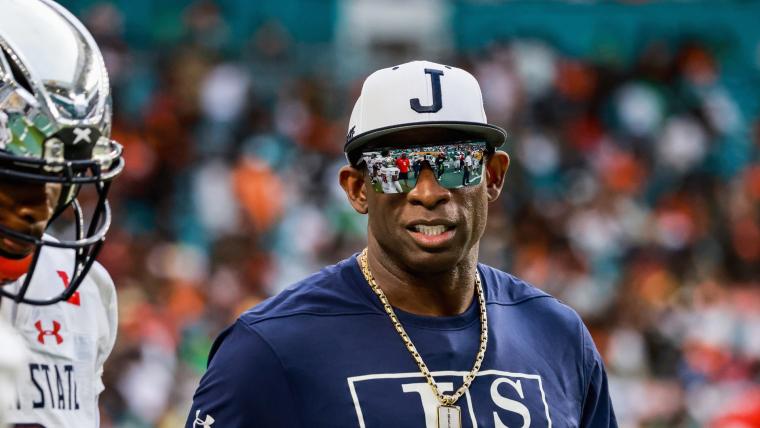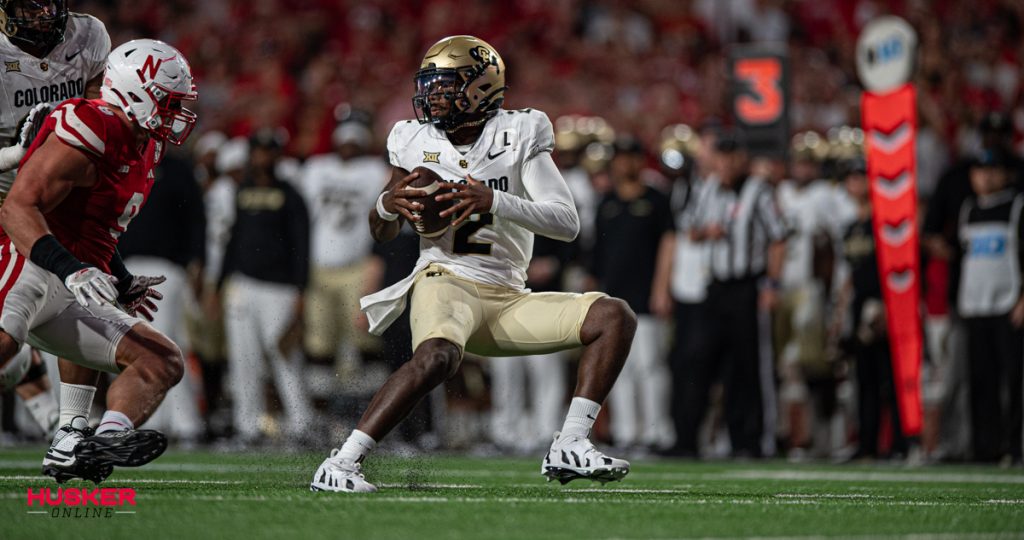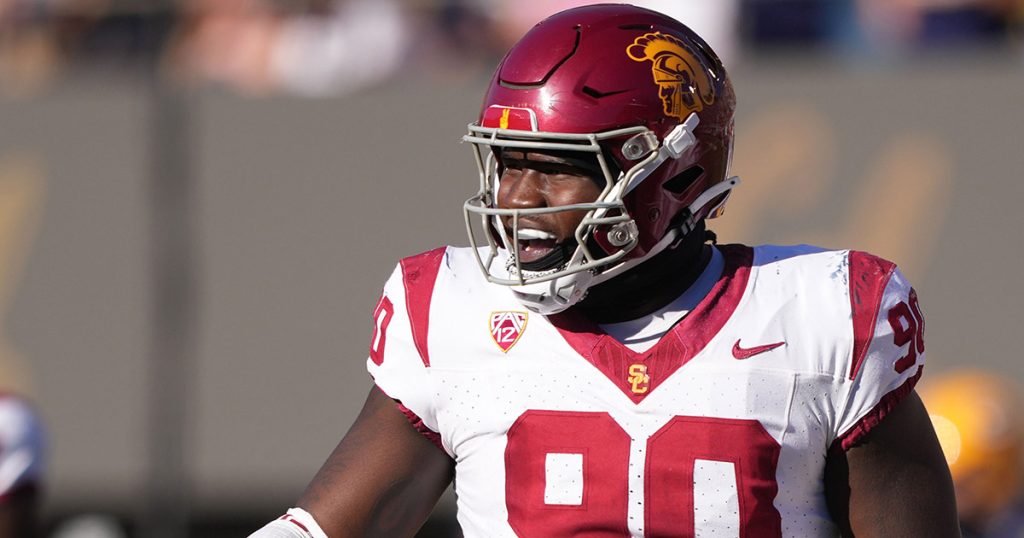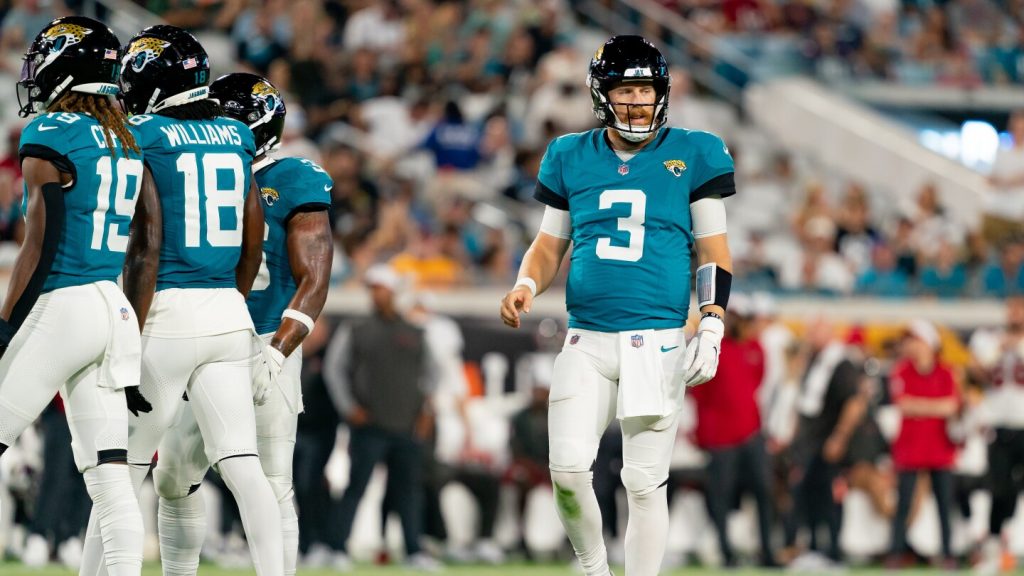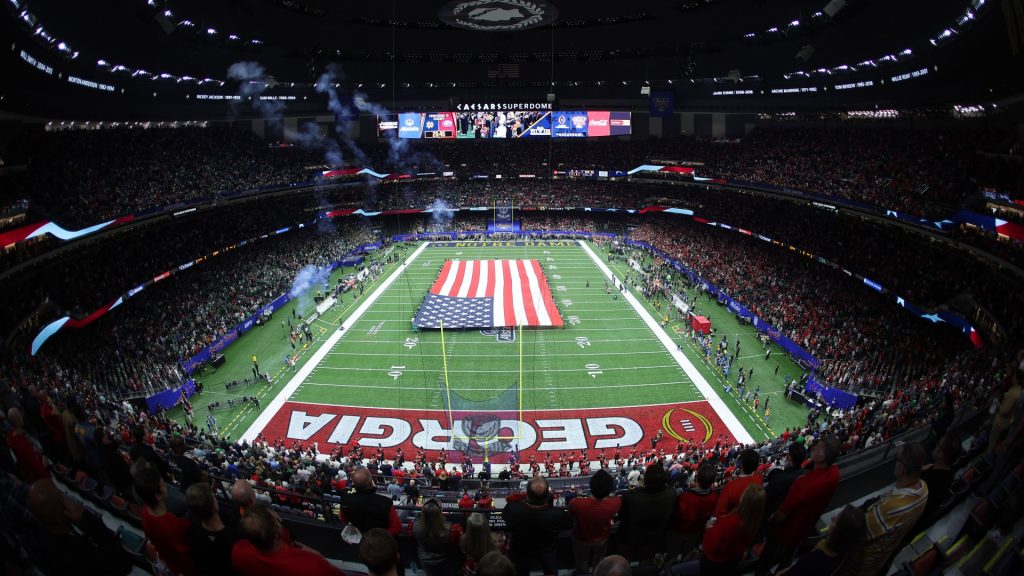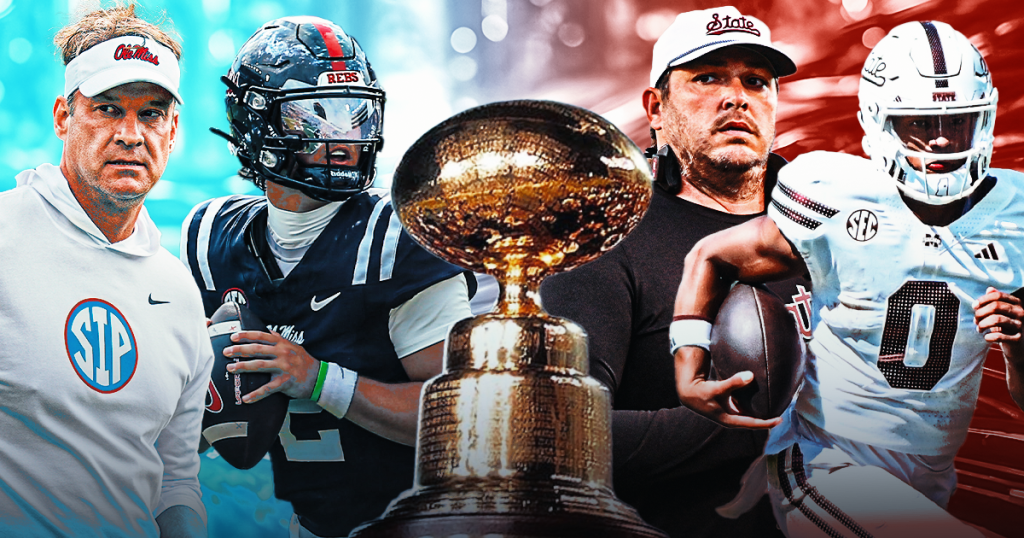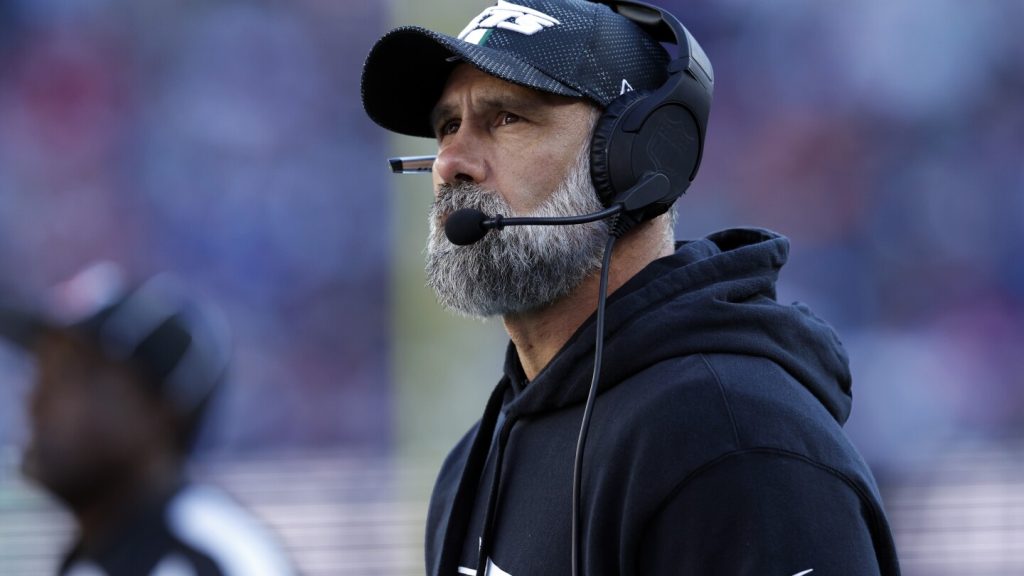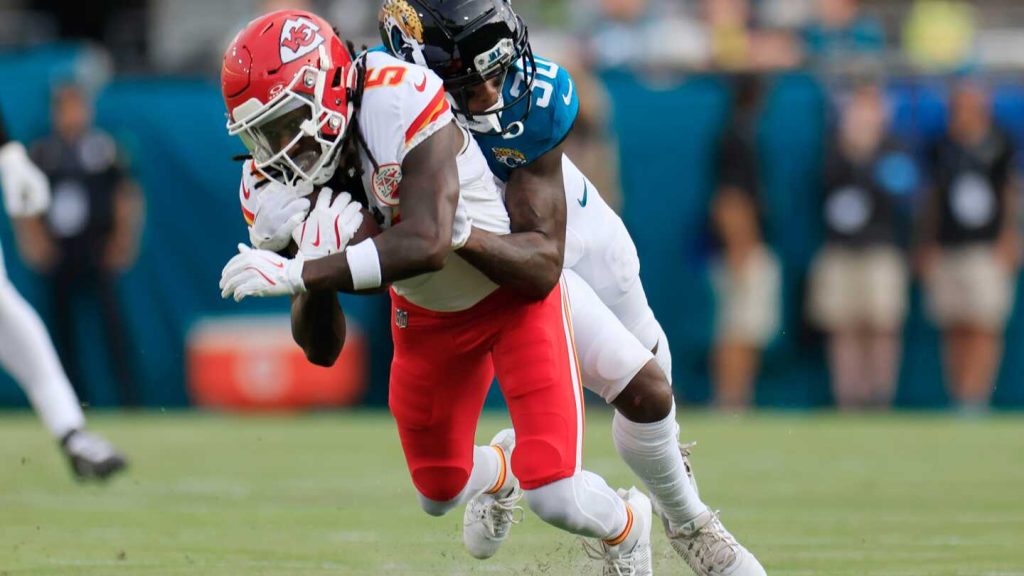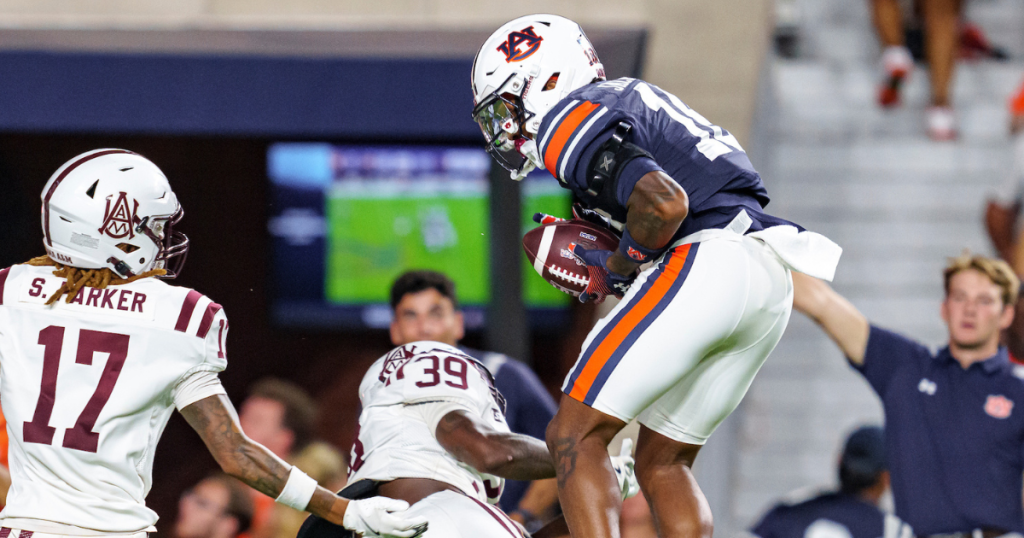The Celebration Bowl stands as the pinnacle of the college football season for Historically Black Colleges and Universities (HBCUs). This exciting matchup not only marks the end of the season but also serves as a celebration of legacy, tradition, and competition among HBCU football programs.
What is the Celebration Bowl?
The Celebration Bowl is recognized as the de facto Black national championship game. It features the champions of the Southwestern Athletic Conference (SWAC) and the Mid-Eastern Athletic Conference (MEAC), the two premier conferences representing HBCU programs at the Division I level. This competition is more than just a game; it’s a chance for these teams to showcase their talent on a grand stage and claim supremacy among their peers.
How did the Celebration Bowl start?
Though it is a relatively new addition to the college football landscape, having been reinstated in the 2015 season, the Celebration Bowl has deep roots. It is owned and operated by ESPN Events, a subsidiary of ESPN that also manages the MEAC/SWAC Challenge, traditionally held on Labor Day weekend. The Celebration Bowl is a successor to earlier championship games like the Pelican Bowl of the 1970s and the Heritage Bowl of the 1990s, which sought to crown a non-mythical champion among HBCU programs.
In a statement from 2015, ESPN emphasized the importance of the Celebration Bowl, saying, “The Celebration Bowl is committed to providing the champions of the Mid-Eastern Athletic Conference and the Southwestern Athletic Conference, and their alumni, fans, and sponsors a first-class bowl experience while continuing to celebrate the legacy, values, and traditions of Historically Black colleges and universities.”
Why is the Celebration Bowl called the ‘Black national championship’?
The Celebration Bowl is often referred to as the Black national championship game because it pits the champions of the two Division I HBCU conferences against each other. This tradition of crowning a Black national champion has been a longstanding endeavor, dating back to 1920. However, it’s important to note that HBCUs compete at various levels, including Division II, Division III, and the NAIA, which complicates the narrative of a singular championship.
Moreover, the Celebration Bowl does not fully represent all Division I HBCU teams. Notably, it excludes three FCS-level HBCUs: Tennessee State, Hampton, and North Carolina A&T. These institutions have moved on to other conferences, with Hampton now playing in the Colonial Athletic Association and North Carolina A&T competing in the Big South. Tennessee State has been part of the Ohio Valley Conference since 1998.
Who goes to the Celebration Bowl?
The teams that compete in the Celebration Bowl are the champions of the SWAC and MEAC. These teams often make a significant sacrifice by forgoing the opportunity to participate in the FCS playoffs for the chance to compete in this prestigious single-game championship. This decision underscores the importance of the Celebration Bowl in the eyes of HBCU players, coaches, and fans alike.
The chance to claim victory in this game is not just about the trophy; it’s about pride, history, and the celebration of HBCU culture. The atmosphere during the game is electric, filled with passionate fans who come to support their teams and celebrate their heritage.
History of Celebration Bowl winners
The Celebration Bowl has quickly established a legacy of its own, with several memorable matchups since its inception. Below is a rundown of the Celebration Bowl’s history, alongside its predecessors, the Pelican and Heritage bowls:
Pelican Bowl (SWAC leads 3-0)
| Date | SWAC representative | MEAC representative | Result |
|---|---|---|---|
| Dec. 2, 1972 | Grambling | North Carolina Central | Grambling 56, NCCU 6 |
| Dec. 1, 1973 | — | — | Canceled |
| Dec. 7, 1974 | Grambling State | South Carolina State | Grambling State 28, SCSU 7 |
| Dec. 27, 1975 | Southern | South Carolina State | Southern 15, SCSU 12 |
| Dec. 11, 1976 | — | — | Canceled |
Heritage Bowl (SWAC leads 6-3)
| Date | SWAC representative | MEAC representative | Outcome |
|---|---|---|---|
| Dec. 21, 1991 | Alabama State | North Carolina A&T | Alabama State 36, NCAT 13 |
| Jan. 2, 1993 | Grambling State | Florida A&M | Grambling State 45, FAMU 15 |
| Jan. 1, 1994 | Southern | South Carolina State | Southern 11, SCSU 0 |
| Dec. 30, 1994 | Grambling State | South Carolina State | SCSU 31, Grambling State 27 |
| Dec. 29, 1995 | Southern | Florida A&M | Southern 30, FAMU 25 |
| Dec. 31, 1996 | Southern | Howard | Howard 27, Southern 24 |
| Dec. 27, 1997 | Southern | South Carolina State | Southern 34, SCSU 28 |
| Dec. 26, 1998 | Southern | Bethune-Cookman | Southern 28, Bethune-Cookman 2 |
| Dec. 18, 1999 | Southern | Hampton | Hampton 24, Southern 3 |
Celebration Bowl (MEAC leads 5-1)
| Date | SWAC representative | MEAC representative | Outcome |
|---|---|---|---|
| Dec. 19, 2015 | Alcorn State | North Carolina A&T | NCAT 41, Alcorn State 34 |
| Dec. 17, 2016 | Grambling State | North Carolina A&T | Grambling State 10, NCAT 9 |
| Dec. 16, 2017 | Grambling State | North Carolina A&T | NCAT 21, Grambling State 14 |
| Dec. 15, 2018 | Alcorn State | North Carolina A&T | NCAT 24, Alcorn State 22 |
| Dec. 21, 2019 | Alcorn State | North Carolina A&T | NCAT 64, Alcorn State 44 |
| 2020 | — | — | Canceled due to COVID-19 |
| Dec. 18, 2021 | Jackson State | South Carolina State | SCSU 31, Jackson State 10 |
| Dec. 17, 2022 | Jackson State | North Carolina Central | NCC 41, Jackson State 34 (OT) |
| Dec. 16, 2023 | Florida A&M | Howard | Florida A&M 30, Howard 26 |
| Dec. 14, 2024 | Jackson State | South Carolina State | Jackson State 28, SCSU 7 |
The Celebration Bowl is more than just a game; it’s a celebration of culture, pride, and athletic excellence. As teams vie for the title of Black national champion, they also honor the rich history and traditions of HBCUs. The excitement surrounding the game continues to grow, making it a must-watch event in the college football calendar. Each year, it brings together fans, alumni, and communities, all united by their love for the game and their schools.

